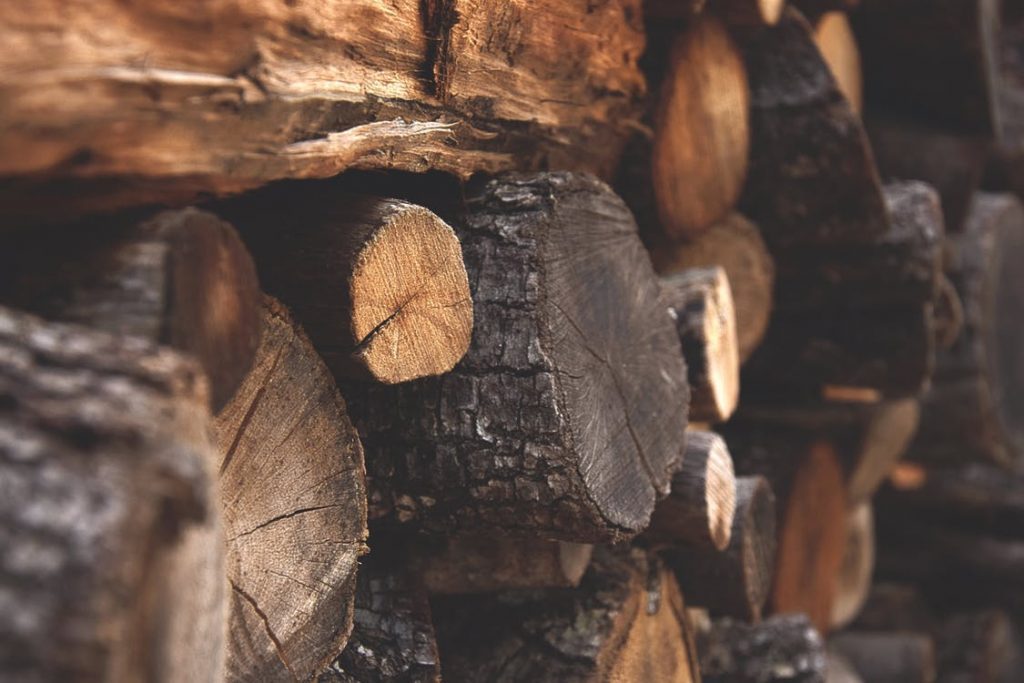By 2030, the EU hopes renewable energy will be, at a minimum, 35 percent of its entire energy consumption—a landmark goal is shared similarly among major economies like India and China. With global governments looking beyond traditional energy initiatives, the future of biofuel is as crucial as ever, according to MIT Sloan research.
Sloan Professor John Sterman explains, “Declaring that biofuels are carbon neutral, as the EU and others have done, erroneously assumes forest regrowth quickly and fully offsets the emissions from biofuel production and combustion.”
Sterman, along with Juliette Rooney-Varga, Director of the University of Massachusetts Lowell Climate Change Initiative, and Lori Siegel, Senior Modeler for the nonprofit Climate Interactive, published a new report, which argues, “burning wood pellets for power is worse than coal” and zero-carbon energy sources like solar and wind are “the safest, easiest, and cheapest ways to cut greenhouse gas emissions.”
The report explains, “While biofuel might sound good on paper, instead of using fossil fuels to inject eons-old carbon into the air, it recycles carbon from the atmosphere—in practice the research points to a much more negative impact on the environment.”
“The neutrality assumption is not valid because it ignores the transient but decades to centuries-long increase in carbon dioxide caused by biofuels. Because combustion and processing efficiencies for wood are less than coal, the immediate impact of substituting wood for coal is an increase in atmospheric (carbon dioxide) relative to coal. The payback time for this carbon debt ranges from 44-104 years after clear-cut, depending on forest type—assuming the land remains forest.”
Sterman elaborates, “It’s like an investment in which you give your bank $1,000 today. They promise to pay you back, but only over 80 years, and only if they don’t go out of business first or decide there’s something else they’d rather spend your money on.”
He concludes, “In the same way, it’s better to keep the trees on the land and keep all that carbon out of the atmosphere. You’re better off if you keep your money.”
